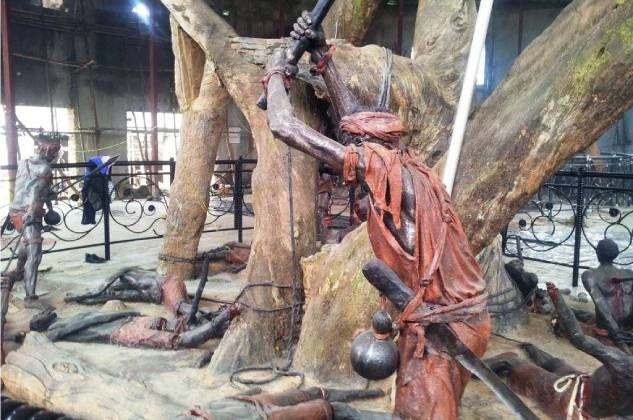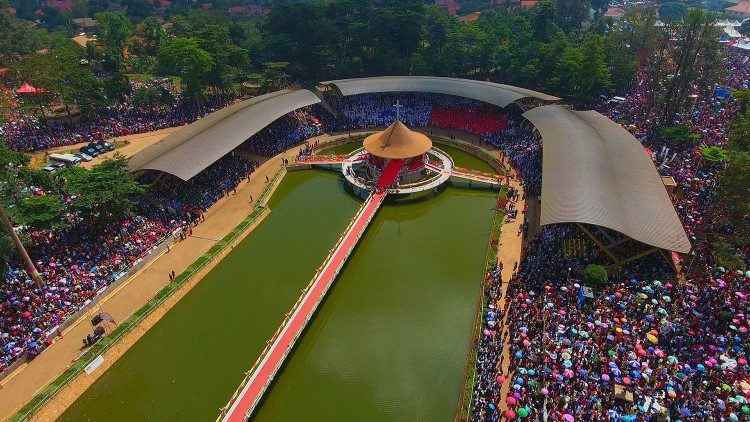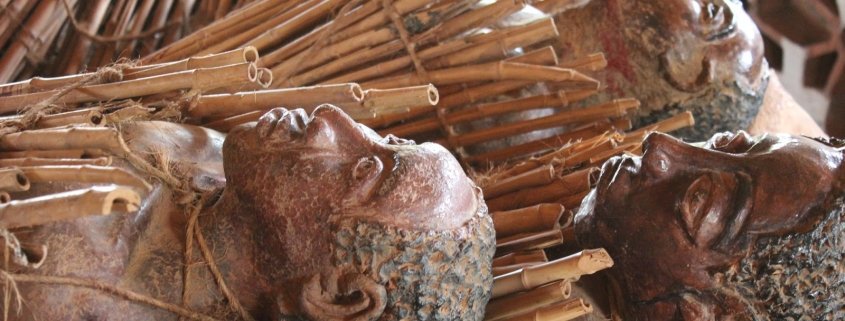Explore more about Uganda martyrs- Uganda is a religious country with numerous religious attachments. Country is dominated by the Christian religion, and then the Moslems follow. The country’s Christianity attachment is reflected in the Uganda Martyrs, whom the country celebrates every 3rd of June each year at the Namugongo Martyrs shrines. There are two shrines, both the Catholic and the Anglican ones. It is believed that the fully developed Christians were murdered by the Kabaka Mwanga. About 45 Anglican and Roman Catholic saints were executed between 1885 and 1887 Mwanga, the kabaka (chief) of Buganda, oppressed Christians throughout this time (now Uganda). Pope Benedict XV exalted the 22 African Roman Catholic saints in 1920, and Pope Paul VI consecrated them on October 18, 1964. The date of their gala, or feast, is June 3rd.
In Uganda, the White Fathers Mission established the primary Roman Catholic missions in Bantu-speaking Africa in 1879.The kabaka Mutesa tolerated Christians, but his successor, Mwanga, undertook an anti-Christian mission. Mwanga massacred Anglican teacher and clergyman James Hannington and his friends in October 1885. Joseph Mukasa, a prominent member of the famed family and a Catholic, rebuked the kabaka for the massacre, and Mwanga had Mukasa executed on November 15, that year.

It is believed that Kabake Mwanaga initially showed a lot of care and respect for them because he was the young prince at the time, but after being crowned king, his perception of these innocent souls changed and he turned against them. He felt strongly that the powers and authority that his archetypes had cherished were eroding and that the preachers and their proselytes were to blame. The proselytes had shifted their devotion to another power, and their unwavering commitment could no longer be counted on. The disdain he received from the pages (the most unruly of workers) when they objected to his homosexual approaches was a source of great embarrassment for Mwanga. The lord, according to tradition, was the focal point of might and authority, and he had the power to forego any life he desired, as evidenced by the adage Namunswa alya kunswaze (the sovereign subterranean insect benefits from her subjects).
Despite the Baganda’s dislike of homosexuality, it was unheard of for mere pages to defy a king’s wishes. (Mwanga is said to have learned or acquired gay conduct from Arabs.) Given those clashing principles, Mwanga was resolved to rid his kingdom of the new teaching and its adherents.
Following their deaths, June 3rd was designated as a day to remember them.Every year, a huge number of Christians flock to Namugongo to honor those who have died in faith and love for Christ. Following King Mwanga of Buganda’s acceptance of the privileged position, he sought the execution of Joseph (Yusufu) Rugarama, Nuwa Serwanga, and Makko Kakumba, the first three Christian saints to be executed in Busega Natete on January 31, 1885. In October 1885, while on his way to Buganda, Anglican Bishop James Hannington was assassinated in Busoga. Kabaka Mwanga saw Busoga as a secondary route to Buganda at the time, and understood that everyone passing through had nefarious aspirations for the Buganda Kingdom.

These martyrs are highly remembered and known worldwide. When he visited Uganda in July 1969, which included a visit to the scene of the suffering at Namugongo, Paul VI became the first ruling pope to visit sub-Saharan Africa. He also set aside land for the construction of an altar church to honor the saints, which is where Charles Lwanga was assassinated. As a result, the holy spot church was dedicated in 1975, and as a result, it was given the title of basilica church, a high distinction in Catholicism. In January 1984, diocese supervisor Robert Runcie of Canterbury, who is also the head of the Anglican Communion, went on a trip.
With his own journey in February 1993, Pope John Paul II showed his respect for the saints. The third of June, when the vast bulk of the saints were slaughtered, is always marked as a public holiday in Uganda. It is also marked on the congregational calendar as a day to honor the Uganda Martyrs all over the world.
After exploring the Uganda martyrs, you can extend your tour to other destinations like Murchison falls national park for wildlife and sport fishing tours and Bwindi for gorilla tracking trip.


Comment (0)